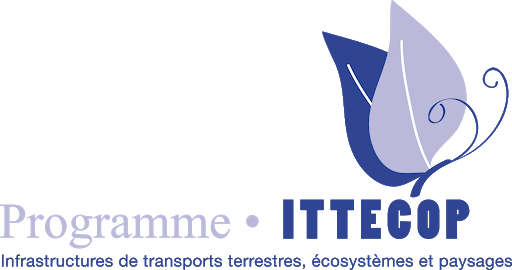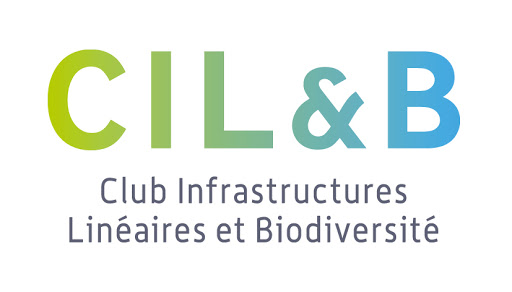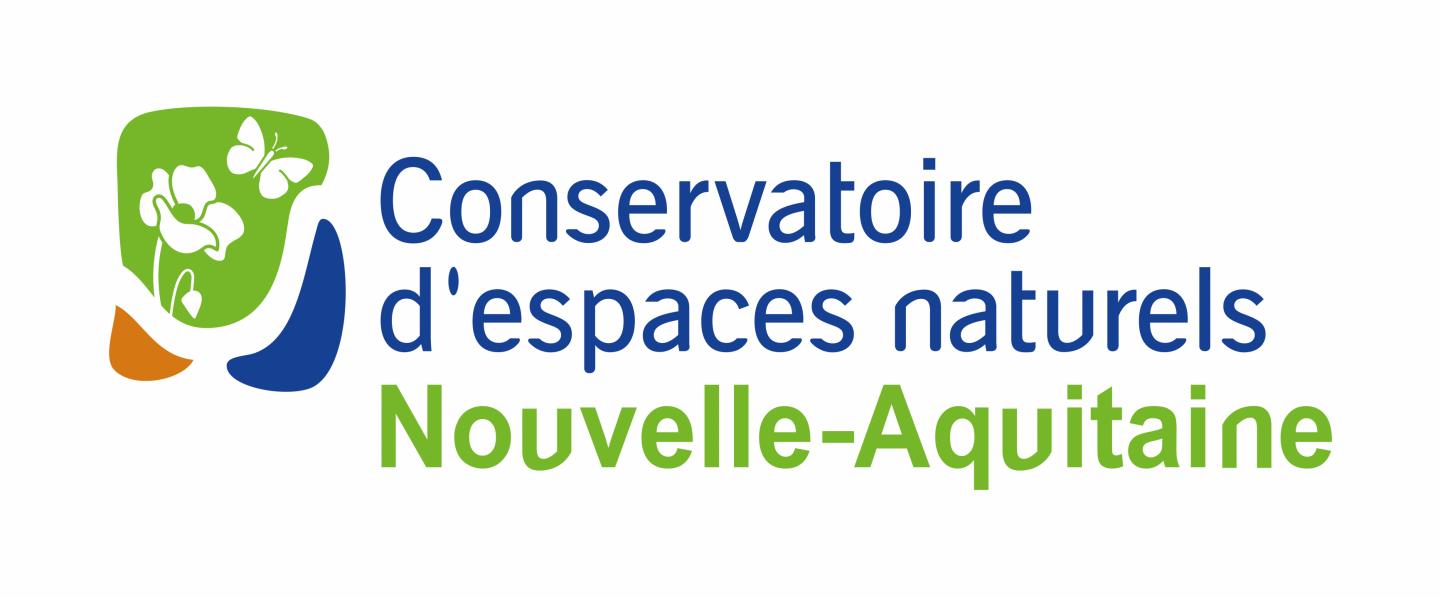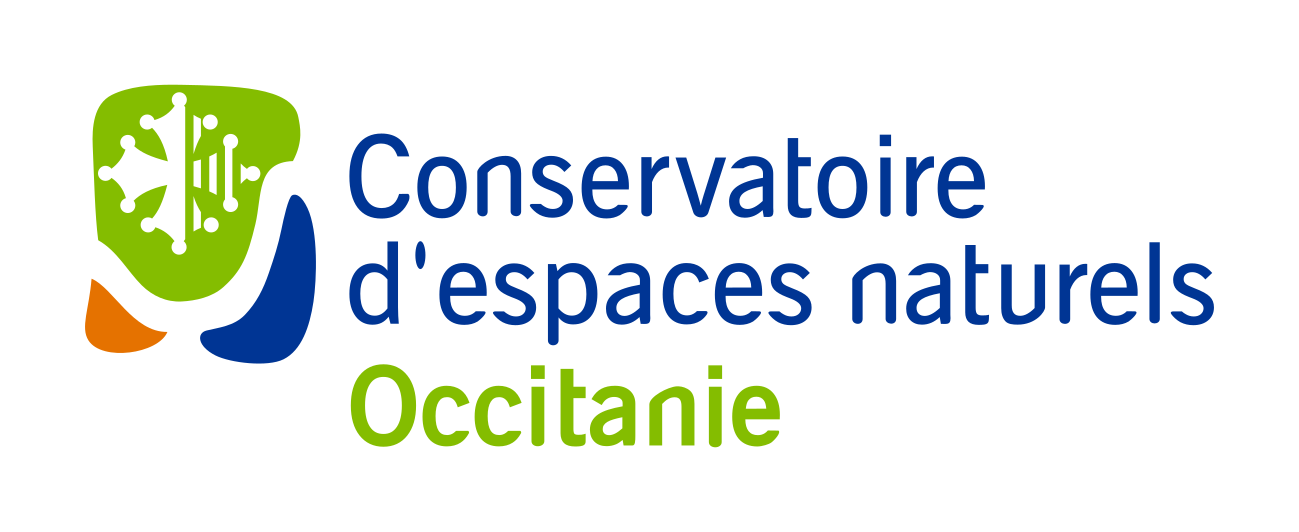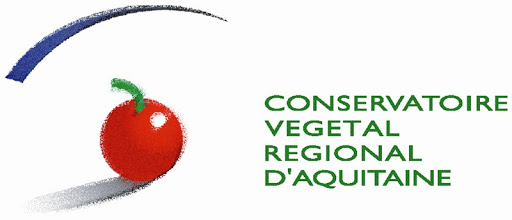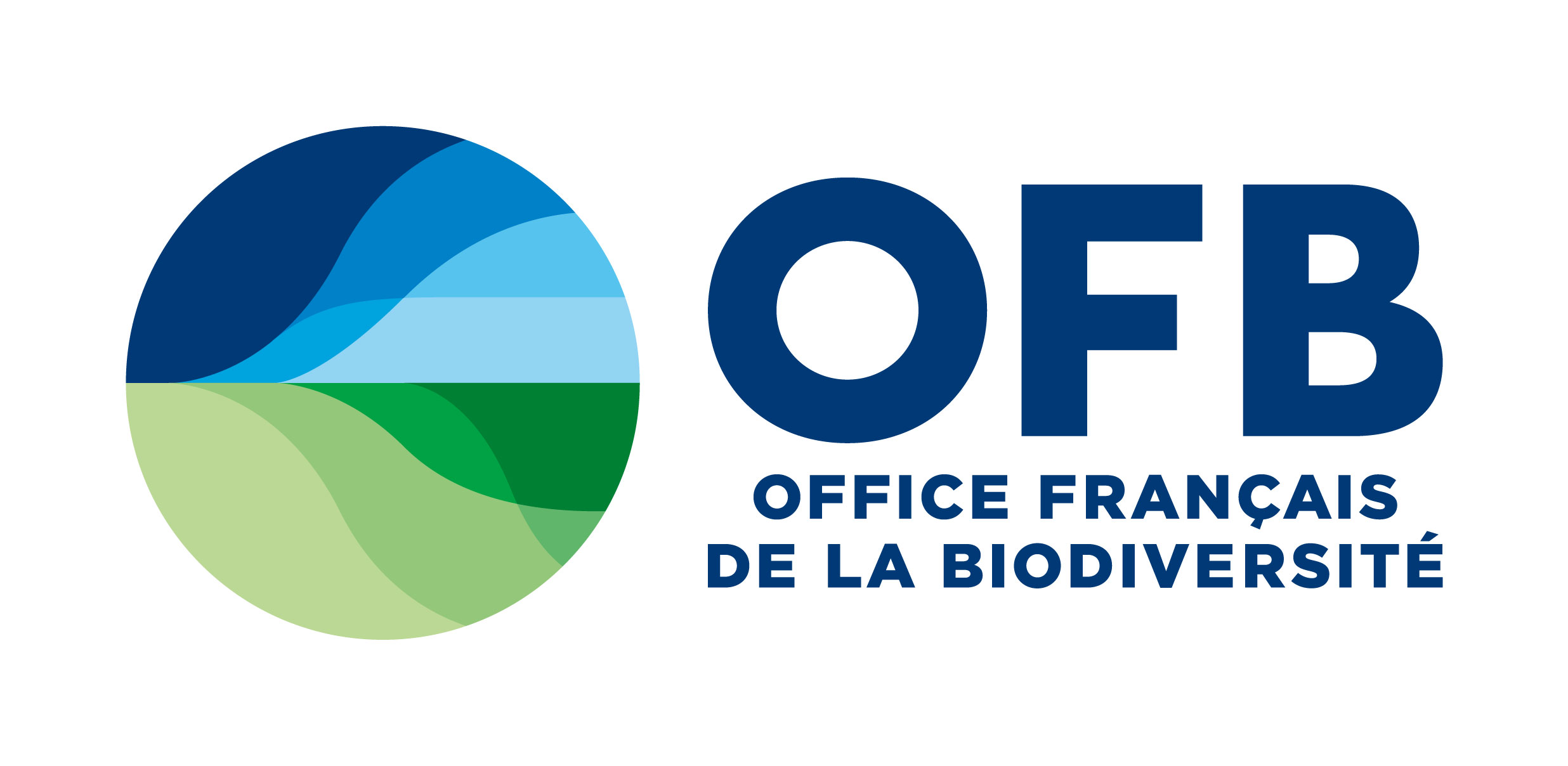Urgence gaz 0 800 028 800

Preserving biodiversity: a continuing effort at Teréga
Respect for biodiversity is one of our top-priority issues. In fact our storage sites and network of nearly 5,000 km of pipelines generate a correspondingly large number of land access arrangements and concentrated facilities across the whole region. This covers a lot of land. It can cause disturbance to natural ecosystems during construction or operations. We have therefore written biodiversity into our environmental and social policy. Just as we have signed a Biodiversity Charter.
Biodiversity: Teréga’s commitments
In accordance with regulations, every application we submit for authorisation to operate considers the issues of biodiversity. We initiate environmental studies right from the start of the preliminary phases of projects in order to find the route of least impact. That process can be seen in action in our AVOID-REDUCE-COMPENSATE approach.
In the study phase, we map out the potential problems for fauna and flora in the geographical area where the project could take place, so that we can avoid them.
We work on arrangements to reduce impacts during the construction phase.
We compensate for any residual impacts that may be left.
Post-construction monitoring enables us to check that environments are healing well and that nature is “reasserting itself” in the areas where work has taken place.
In addition, one of our specific requirements requires a particular skill: we manage ecological compensation areas, including 140 hectares of forest. Monitoring of the areas is carried out completely independently, without the involvement of external managers. It is also the subject of regular exchanges with the senior management, in an atmosphere of total confidence. Our compensation approach thus enables us:
to counterbalance residual harm to protected species or their habitats;
to reinstate and develop elements of biodiversity;
to set up monitoring by a number of specialists in the target species throughout the year, to assess their development and reinstatement targets.
Biodiversity preserved over rights of way
The strips of land above our pipelines are specially marked out as areas over which we have a right of access. Teréga must safeguard their integrity to prevent any accidents. We have established maintenance rules for those areas which take biodiversity into account. This means we do not use any plant protection products. Maintenance is done mechanically, and preferably in the autumn to limit the impact on biodiversity. In addition, the marker posts used to identify access rights are gradually being replaced by markers, allowing a reduction in the frequency of maintenance visits. We plan to go further, and are currently looking into solutions which will allow us to limit the use of plant protection products on our industrial sites. For example, in 2020, an eco-pasture trial began at the Sauveterre-de-Guyenne compression station.
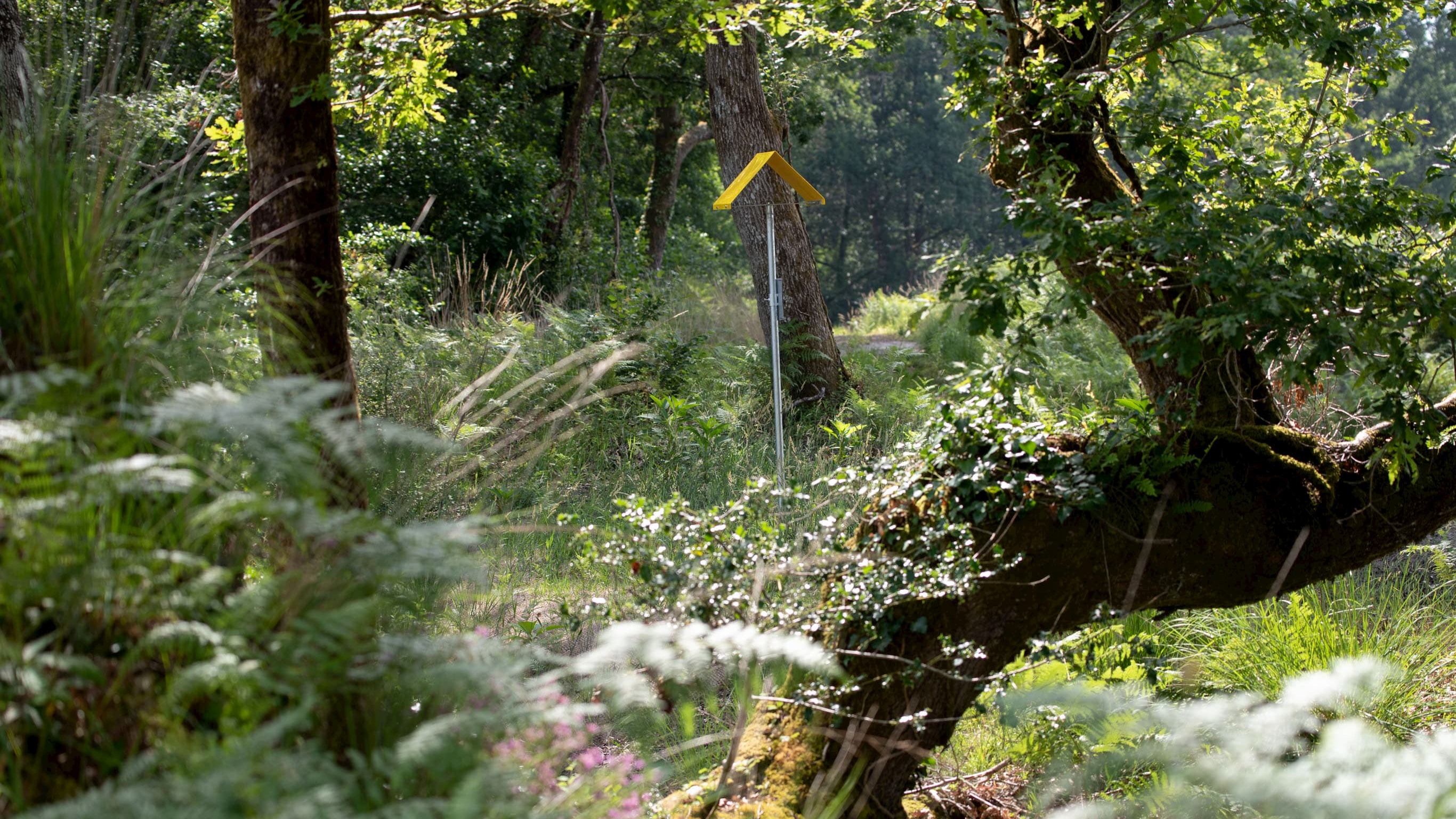
At the same time we are studying the value of access areas above pipelines as biodiversity vectors (movement corridors, refuge areas favourable to the development of protected species). On that subject, Teréga is responding to calls for research projects as part of ITTECOP with members of the CIL&B, the French Office for Biodiversity, the Foundation for Biodiversity Research, the ADEME, the IENE and KHEOPS.
Teréga: respecting biodiversity through stakeholder partnerships
Our approach to biodiversity includes the acquisition of knowledge in our region, to expand the fauna/flora inventories of our existing grid. It is put into action through a partnerships with the Natural Space Conservatories (CEN) of Nouvelle Aquitaine and Occitanie. The target:
to shape maintenance practices over access areas;
to differentiate the management of natural spaces according to environmental sensitivity.
For our part, we are contributing to the national inventory of natural heritage, providing our raw data on biodiversity. Our data are collected during the studies we undertake prior to any construction work as part of projects covered by an environmental impact study.
Our commitment to safeguarding and making the most of our local plant heritage can also be seen in a range of projects:
since 2015, a Convention signed with the Regional Plant Conservatory of Aquitaine (CVRA) has been in place, aimed at creating an orchard covering around 2 hectares and comprising regional species;
involvement in the national development of the “Végétal Local” (local plant) and “Vraies Messicoles” (true grainland plant) marks, led by the Federation of National Botanical Conservatories (FCBN), to allow the use of certified locally sourced seeds or plants.
We have joined working groups and committees to improve our practices. In particular, Teréga belongs to the Linear Infrastructures & Biodiversity Club (CIL&B), which also includes biodiversity representatives from RTE, NaTran, ASFA, EDF, Eiffage, Enedis, Lisea, SNCF and VNF.

Act4Nature: Teréga’s commitment is put into action (once more)
When we became signatories to the Committed Businesses for Nature Charter (Act4Nature France) in 2019, we cemented our commitment to preserving biodiversity. The initiative is driven by the French Office for Biodiversity (OFB). It replaced the National Strategy on Biodiversity (SNB), our involvement in which was recognised from 2014 onwards by the Ministry of Ecological and Inclusive Transition. From now on there are ten common principles that we respect through individual, specific, relevant and measurable actions. They include:
the preservation of biodiversity in the company’s strategy;
dialogue with stakeholders;
systematic application of the “Avoid-Reduce-Compensate” methodology;
partnership with experts from local environmental associations etc.


